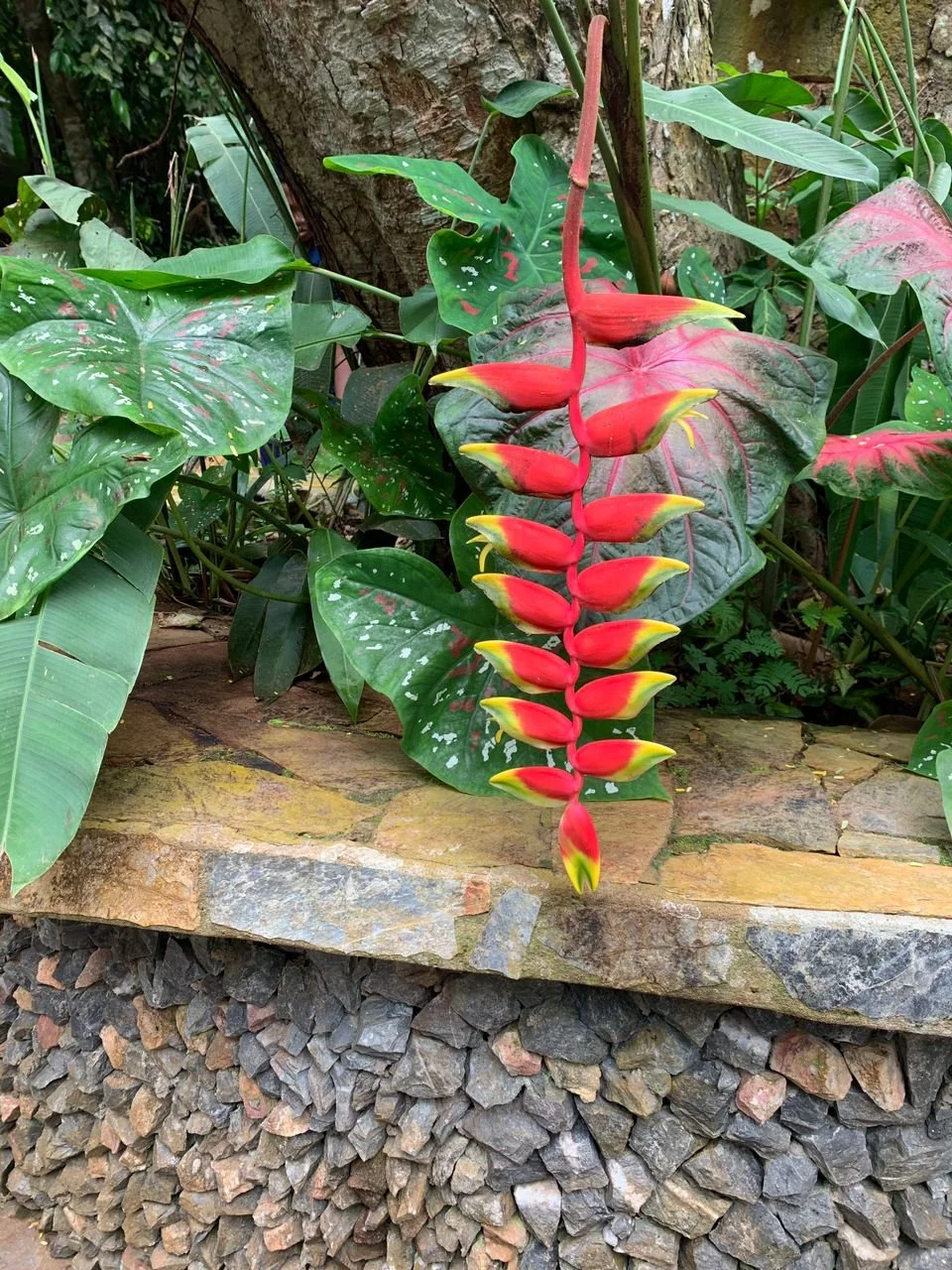When I received the message that I had been selected to be a member of the Witness Tree Institute Cohort of 2025, I was overwhelmed with joy and disbelief. It felt surreal! This wasn’t just another program — it was a once in a lifetime opportunity to learn, connect, and grow on both personal and professional levels.
For years, The Witness Tree Experience has brought together teachers from around the world- Ghana, Nigeria, Jamaica, Trinidad and Tobago, Canada, and the United States- to engage in transformative cultural and educational experiential learning. Unbelievably I was to participate in this incredible adventure at a pivotal point in my life after graduating from teachers college!
One of the most memorable parts of the entire WTIG experience for me was how the program immersed us in the teaching and learning of nature and spirituality -an aspect often overlooked in our so-called modern Ghanaian education but so deeply rooted in our culture and identity.
Our excursion to the Aburi Botanical Gardens and Ananse Kwae at Mampong-Akwapim, were interactive lessons in traditional knowledge, indigenous wisdom, and holistic healing taught not through books but by touching, tasting, listening, and feeling.
At Ananse Kwae ( the spider’s forest), I had the chance to interact with nature in the rawest, most intimate form. Here are a few personal highlights.
I thought I knew what hot spice was until I tasted freshly picked alligator pepper. It was fiery, bold, and had a certain depth that the dried pepper sold in markets completely lacks. It didn’t just burn my tongue; it awakened my senses.
The fresh bay leaf, alive and attached to its branches, smelled earthy and like natural perfume. Unlike the dry, brittle ones we often toss into our stews, the fresh leaf was vibrant in aroma and surprisingly in flavor. I realized I had underestimated something I thought I already knew.
Just one berry. That’s all it took to change everything. After licking the tiny asawa, miracle berry, or Synsepalum sulcifucam, even the sourest fruit tasted like dessert. The ingredients from the berry trick one’s taste buds and sends a message to the brain that everything the buds taste is sweet for a while. It was mind blowing! Imagine how helpful this would be to a person struggling to control their sugar intake! This is a playful reminder that nature often has a few surprises up its sleeve, and that every plant has its medicinal qualities for our use. Now plants I walk past every day would hold new meaning. Thanks to the Witness Tree, I can now confidently explore and discuss the importance of medicinal plants.
The Witness Tree Institute and places like Ananse Kwae didn’t just teach me about other cultures or even my Ghanaian heritage. I am grateful to Professor Kofi Asare Opoku, who owns Ananse Kwae and who has made teaching about the gifts of nature and the wisdom of our forebears, his life’s ambition. As Professor Obeng, who did a presentation on spirituality before taking us through Ananse Kwae said, we all have a responsibility to the earth as its guardians.
Ananse Kwae has challenged me to slow down, observe, be curious and truly listen to the world around me. It reminds me that the opportunity to learn is everywhere- in the soil, in the air, in the leaves, in our sadness , in our joys and in the stories our elders tell.
Nature is beautiful, it is wise. And through this experience, I will now walk a little more slowly, sit for a while in gardens, pay closer attention to plants, rivers and mountains, and have a deeper respect for the traditions that have preserved this knowledge over generations. These practices and knowledge I pledge to share with my students.
The title of this piece is from an Akan saying. The writer, Esenam Yaa Judith Saku, works with the Ghana Library Authority at Hohoe, the Volta region of Ghana.



